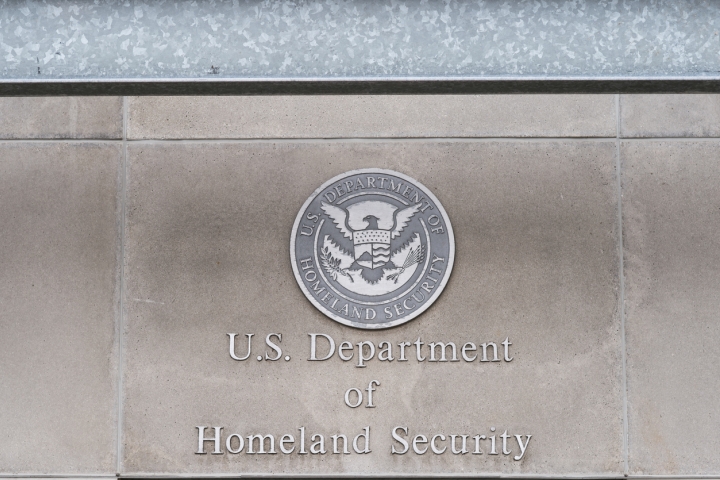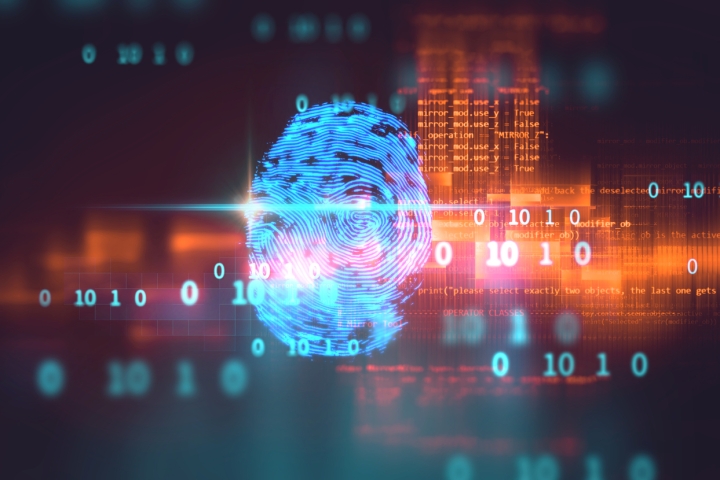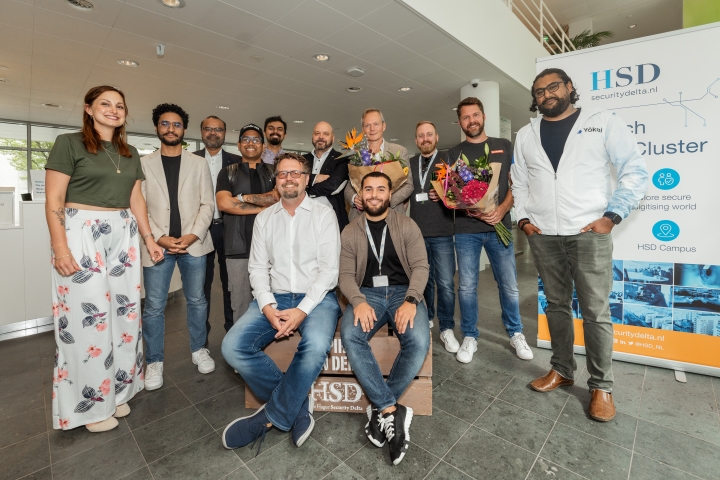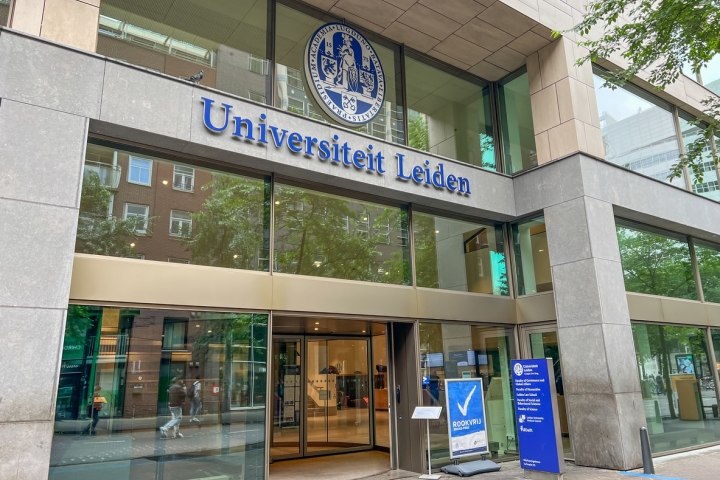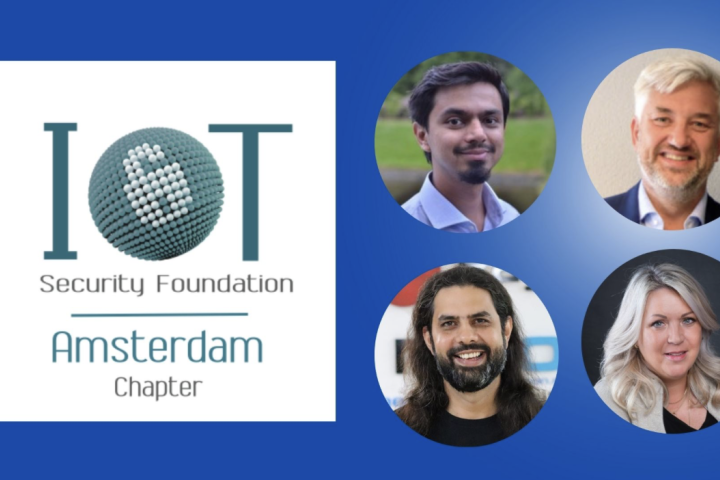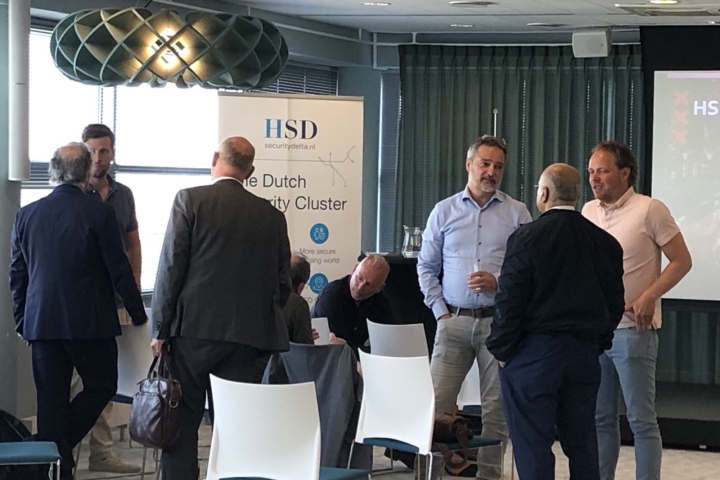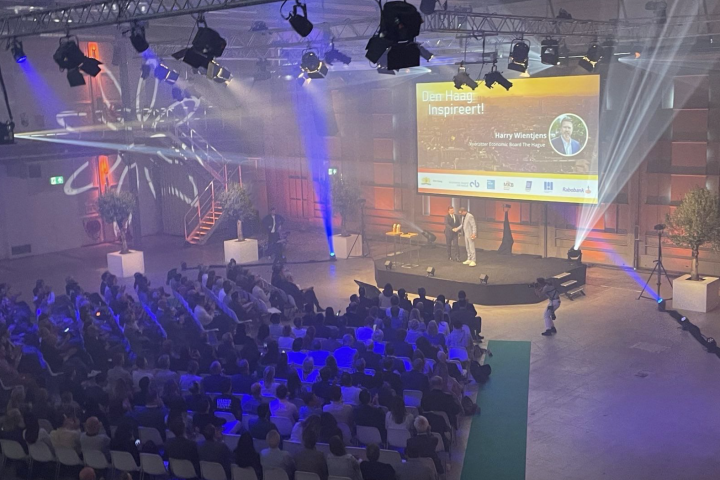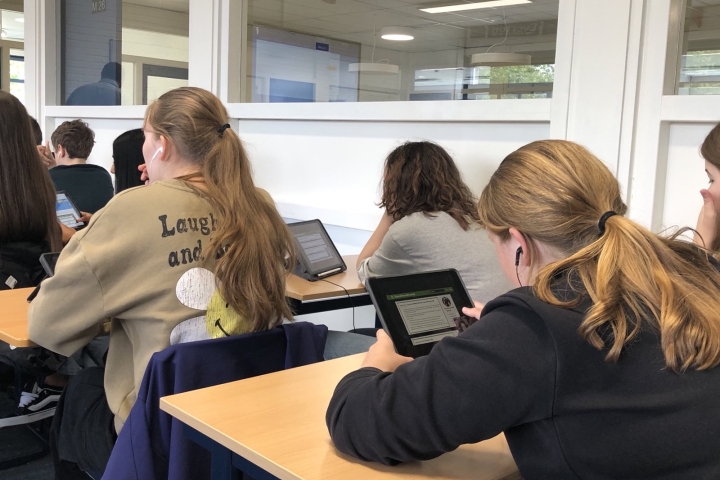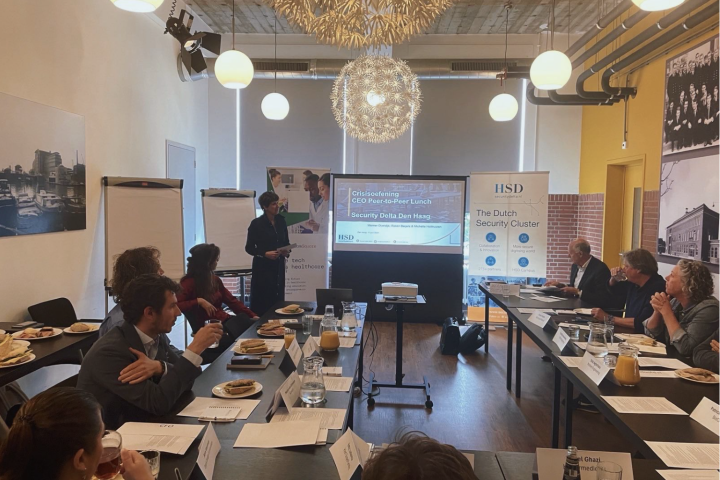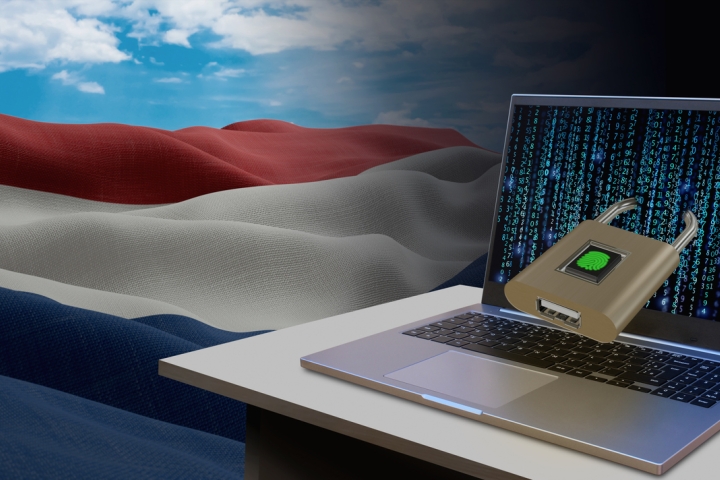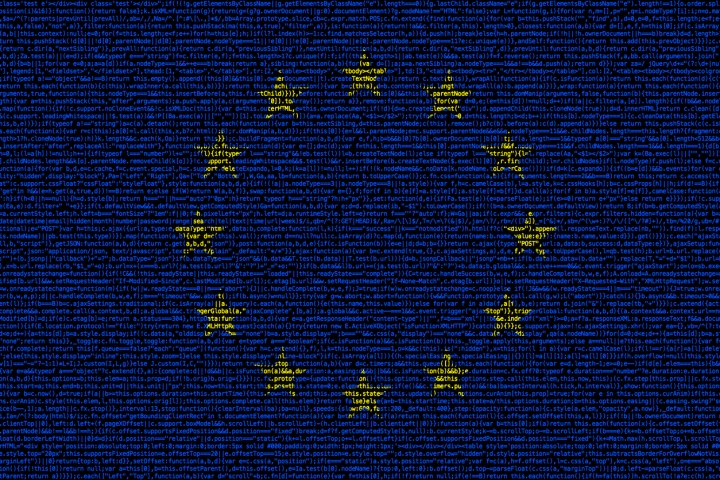Hacky Holidays: Unlock the City
From 8 until 26 July 2022 Deloitte organises Hacky Holidays - Unlock the city, an online competition where students and professionals can test and improve their skills with all sorts of challenges (technical puzzles) related to Cyber Security and emerging technologies such as Cloud, Product Security and Identity and Access Management. Contributing to the Access to Talent challenge in the cybersecurity domain.
What is Hacky Holidays
Hacky Holidays is an online Capture The Flag game where you students & professionals can test and improve their skills with all sorts of challenges (technical puzzles) related to cyber security and emerging technologies. Each of the challenges has a task description which give them a clue on how you can solve the particular challenge. An example challenge could be a web application in which they need to find a vulnerability that gives them administrative access. When they have successfully solved a challenge they will be given a flag, which is a piece of text, most of the times formatted as following: CTF{…}. When they find the flag they can enter it under the challenge description’s input field and they will be allotted the points assigned to the challenge. Each flag gives them a certain number of points that are counted towards your total score. The scores of the players and teams can be seen on the scoreboard of the event.
How can you join Hacky Holidays
The event is open from 8 - 26 July 8th. You can participate in the event as an individual or as a team with a maximum of four members. Participants are able to register and invite others to their team. Participants can join the competition by going to hackyholidays.io.
Only PC/laptop is required, and your favourite (hacking) tools and software (e.g. using Kali Linux). After signing up to the event the participants will receive access to all sorts of challenges in different categories such as web application hacking, cryptography, network security, cloud security, hardware hacking and reverse engineering.





